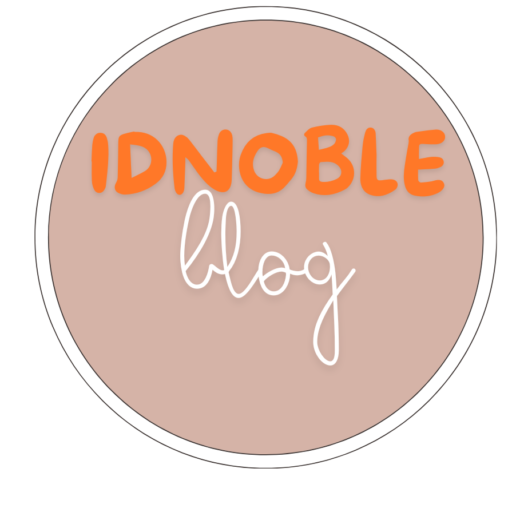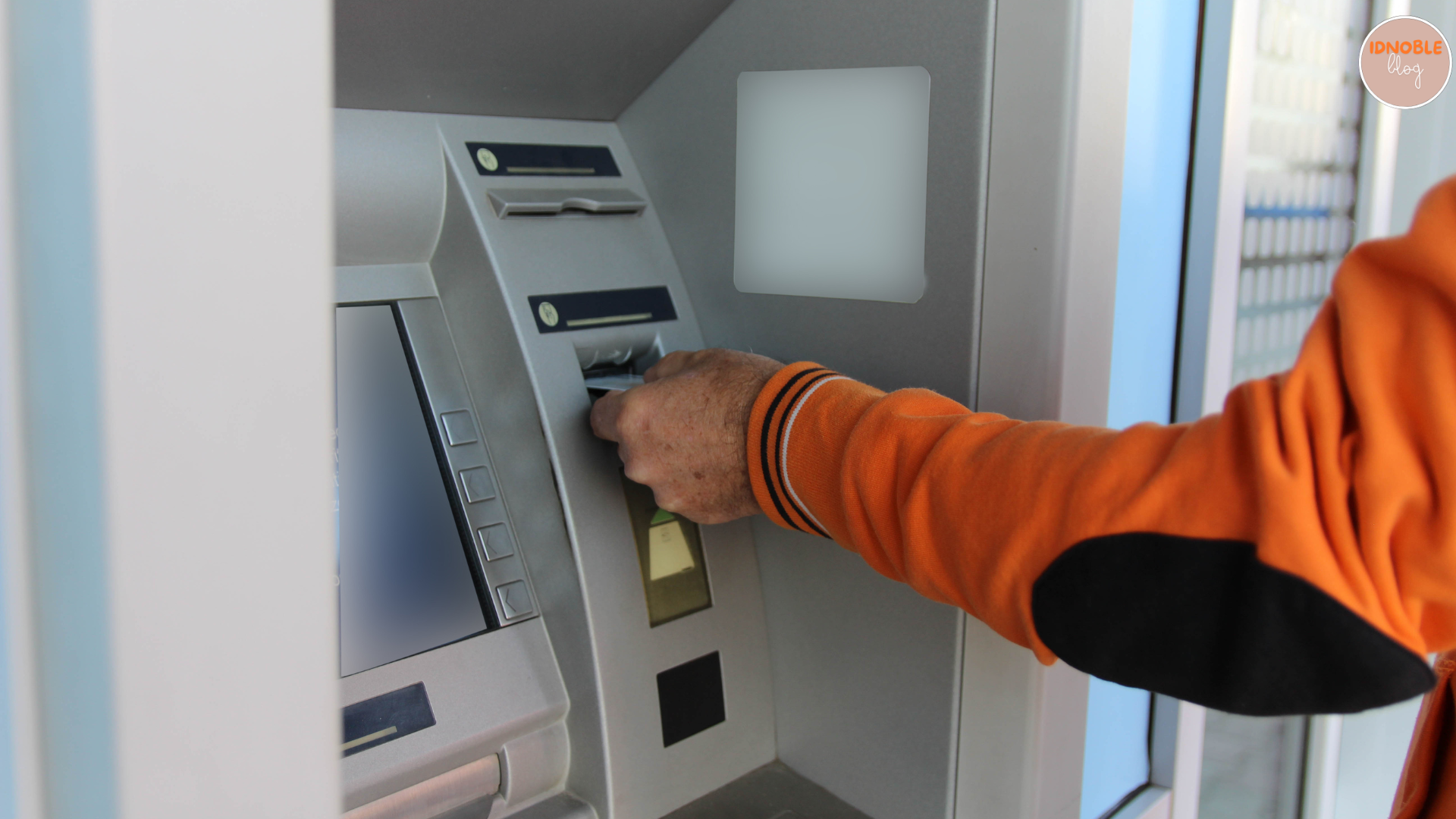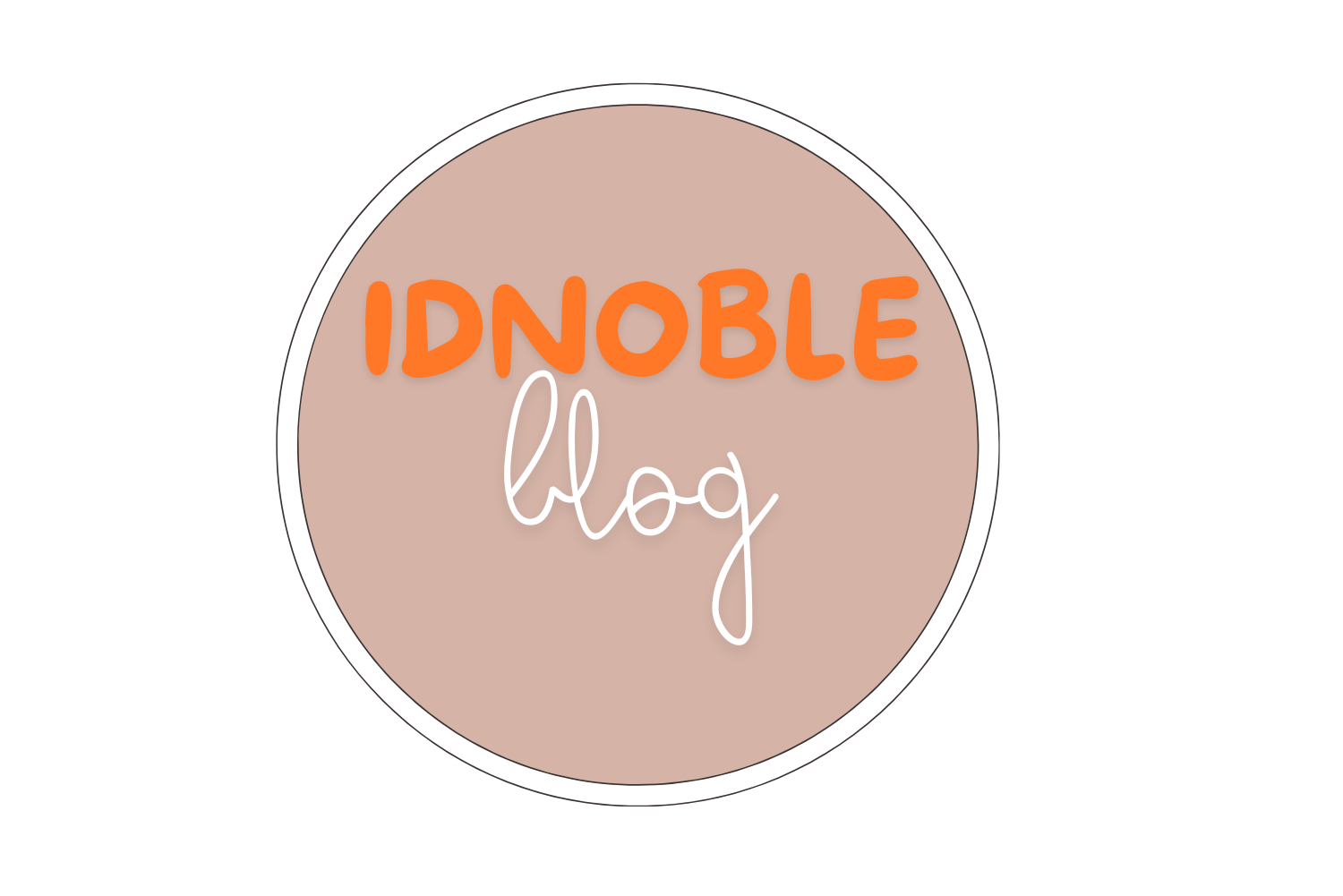
Why Pre-Marital Counselling Matters and How It Can Benefit Your Relationship

Why Pre-Marital Counselling Matters and How It Can Benefit Your Relationship: Getting married is one of the most significant steps you’ll ever take. It’s a journey that promises love, joy, and companionship. But it’s also one that comes with challenges and adjustments. To navigate these waters successfully, many couples turn to pre-marital counselling. This article delves into why pre-marital counselling matters and how it can benefit your relationship.
Table of Contents

What is Pre-Marital Counselling?
Pre-marital counselling is a type of therapy that helps couples prepare for marriage. It’s a proactive step to ensure both partners are on the same page about their relationship. During these sessions, you’ll discuss various aspects of your relationship, from communication styles to financial planning and even future family goals.
Why Pre-Marital Counselling Matters
- Improved Communication: Communication is the cornerstone of any successful relationship. Pre-marital counselling provides a safe space to express your thoughts, feelings, and expectations. You learn how to listen actively and speak honestly, fostering a deeper understanding between you and your partner.
- Conflict Resolution Skills: Every couple faces disagreements. It’s how you handle these conflicts that matters. In pre-marital counselling, you’ll learn techniques for resolving disputes healthily and constructively, ensuring minor issues don’t escalate into major problems.
- Financial Planning: Money is often a significant source of stress in relationships. Pre-marital counselling helps you and your partner discuss financial goals, spending habits, and budgeting strategies. This way, you can avoid financial misunderstandings and create a solid economic foundation for your marriage.
- Understanding Expectations: Unspoken expectations can lead to disappointment and resentment. During counselling, you’ll discuss your expectations for marriage, roles, and responsibilities. This clarity helps align your visions and prevents future misunderstandings.
- Strengthening Emotional Intimacy: Emotional intimacy is vital for a healthy marriage. Counselling sessions help you explore your emotional connection, enhancing trust and closeness. You’ll learn to support each other emotionally, deepening your bond.
- Building a Solid Foundation: Marriage is a long-term commitment that requires a solid foundation. Pre-marital counselling equips you with the tools and knowledge to build a strong, enduring relationship. You’ll enter marriage with confidence, knowing you’ve prepared for the journey ahead.

Benefits of Pre-Marital Counselling
Enhanced Communication Skills
Effective communication is crucial in any relationship. Pre-marital counselling teaches you how to communicate openly and honestly with your partner. You’ll learn to:
- Express your feelings without fear of judgment.
- Listen to your partner with empathy and understanding.
- Address sensitive topics without causing conflict.
- Use non-verbal communication effectively.
These skills will help you navigate life’s challenges together, ensuring your relationship remains strong and resilient.
Conflict Resolution
Disagreements are a natural part of any relationship. However, how you handle these conflicts can make or break your marriage. Pre-marital counselling equips you with practical conflict resolution strategies, such as:
- Active listening and empathy.
- Compromise and negotiation techniques.
- Time-outs to cool off during heated arguments.
- Seeking common ground and mutual understanding.
With these tools, you’ll be better prepared to handle conflicts constructively, strengthening your relationship.
Financial Harmony
Money can be a major source of tension in marriages. Pre-marital counselling helps you and your partner discuss financial matters openly and honestly. You’ll cover topics like:
- Budgeting and saving strategies.
- Long-term financial goals and planning.
- Handling debt and financial stress.
- Joint versus individual accounts.
By addressing these issues early on, you can avoid financial misunderstandings and work together towards your financial goals.
Shared Goals and Expectations
Entering marriage with shared goals and expectations is essential for a harmonious relationship. Pre-marital counselling helps you discuss and align your visions for the future, including:
- Career aspirations and work-life balance.
- Family planning and parenting styles.
- Lifestyle preferences and hobbies.
- Roles and responsibilities within the marriage.
This clarity ensures that you and your partner are on the same page, reducing the likelihood of future conflicts.

Emotional Intimacy
Emotional intimacy is the glue that holds a marriage together. Pre-marital counselling fosters emotional connection by encouraging you to:
- Share your deepest thoughts and feelings.
- Show vulnerability and trust.
- Support each other’s emotional needs.
- Celebrate each other’s successes and comfort each other during tough times.
Building emotional intimacy strengthens your bond and enhances your overall relationship satisfaction.
Long-Term Relationship Success
Pre-marital counselling isn’t just about addressing immediate concerns. It’s about setting the stage for long-term relationship success. By investing in your relationship now, you can:
- Develop a deeper understanding of each other.
- Build a strong foundation for your marriage.
- Prevent common marital issues from arising.
- Create a fulfilling and lasting partnership.
How Pre-Marital Counselling Works
Finding the Right Counselor
Choosing the right counsellor is crucial for effective pre-marital counselling. Look for someone experienced in relationship counselling and with whom both you and your partner feel comfortable. You can ask for recommendations from friends, family, or even your wedding planner.
Setting Goals
Before starting counselling, discuss your goals with your partner. What do you hope to achieve? Whether improving communication, resolving specific issues, or simply preparing for marriage, having clear objectives will guide your sessions.
The Counselling Sessions
Pre-marital counselling typically involves several sessions, each focusing on different aspects of your relationship. Your counsellor will use various techniques, such as:
- Role-playing exercises.
- Communication drills.
- Conflict resolution strategies.
- Financial planning discussions.
These sessions provide a structured environment to explore your relationship and build essential skills.
Homework Assignments
Your counsellor may assign homework between sessions. These assignments could include reading materials, communication exercises, or activities to do together. Completing these tasks helps reinforce what you’ve learned and apply it to your daily life.
Open and Honest Communication
For pre-marital counselling to be effective, both partners must be open and honest. Share your thoughts, feelings, and concerns without fear. This transparency fosters trust and ensures that both partners are fully engaged in the process.
Commitment to the Process
Pre-marital counselling requires commitment from both partners. Attend all sessions, complete assignments, and actively participate. The more effort you put into the process, the more benefits you’ll reap.
Addressing Common Concerns
“We Don’t Have Any Problems”
Even if your relationship is smooth sailing, pre-marital counselling can still be beneficial. It’s not just about solving problems; it’s about strengthening your relationship and preparing for the future. Think of it as a tune-up for your relationship, ensuring everything is in top shape before you embark on the journey of marriage.
“We’re Too Busy”
Planning a wedding is time-consuming, but making time for pre-marital counselling is crucial. Your marriage will last long after the wedding day, and investing in its success is worth the effort. Many counsellors offer flexible scheduling options, including evening and weekend appointments, to accommodate busy couples.
“It’s Too Expensive”
While pre-marital counselling can be an additional expense, it’s an investment in your relationship’s future. Consider it part of your wedding budget. Many couples find that the benefits far outweigh the costs. Some counsellors also offer sliding scale fees based on your financial situation.
“We Don’t Want a Stranger Involved in Our Relationship“
It can be intimidating to share personal details with a counsellor. However, a professional counsellor provides an unbiased perspective and expert guidance. Remember, the goal is to strengthen your relationship. Think of the counsellor as a coach helping you and your partner succeed.
The Impact of Pre-Marital Counselling
Real-Life Success Stories
Many couples credit pre-marital counselling with saving their marriage before it even began. For example, one couple discovered they had different views on handling finances. Through counselling, they learned to compromise and create a financial plan that worked for both. Another couple improved their communication skills, leading to a more understanding and supportive relationship.
Research and Statistics
Research supports the benefits of pre-marital counselling. Studies show that couples who undergo pre-marital counselling have a 30% higher marital success rate than those who don’t. They report higher levels of satisfaction, better communication, and fewer conflicts.
Building a Stronger Community
When couples enter marriage with a solid foundation, they contribute to a healthier community. Strong marriages lead to strong families, which in turn create strong communities. By investing in your relationship, you’re also investing in the well-being of those around you.
How to Get Started
Finding a Counselor
Start by researching pre-marital counsellors in your area. Look for those with positive reviews and relevant experience. You can also ask for recommendations from friends, family, or your officiant.
Scheduling Your First Session
Once you’ve chosen a counsellor, schedule your first session. Be prepared to discuss your goals and any specific issues you want to address. Your counsellor will guide you through the process and help you create a plan for your sessions.
Committing to the Process
Remember, pre-marital counselling is a journey. Commit to the process and stay open to learning and growing together. The skills you gain will benefit your marriage for years to come.
Embracing the Experience
Approach pre-marital counselling with an open mind and a positive attitude. Embrace the experience as an opportunity to strengthen your relationship and prepare for a happy, fulfilling marriage.

Conclusion
Understanding the importance of pre-marital counselling and its benefits can transform your relationship. It’s an investment in your future together, equipping you with the tools and knowledge to build a strong, healthy marriage. By improving communication, resolving conflicts, aligning financial goals, and deepening emotional intimacy, pre-marital counselling sets the stage for long-term success. So, take the step, embrace the process, and embark on your journey to a happier, more connected marriage.

























